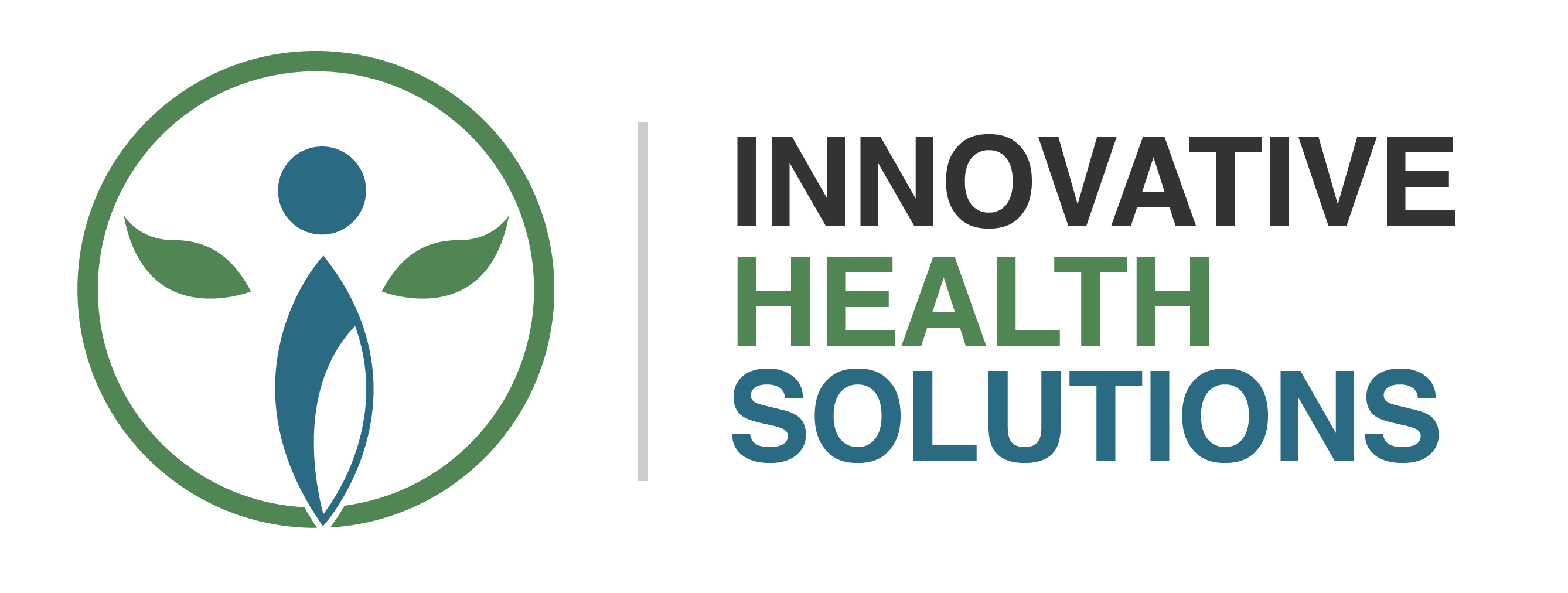Congratulations to Dr. Norma Rodriguez de Lisenko, MPH on getting an article published in the Maternal and Child Health Journal!! The whole IHS Team is so proud of you! We are so excited to help contribute to this research.
Introduction Despite studies having examined and discussed the various multifaceted risk factors affecting perinatal women with substance use disorder (SUD), the limited amount of research on Black/African American (B/AA) women allows health disparities in this population to widen. Segmenting the needs of the low-income B/AA female population with SUD is cru- cial when creating multi-layered and multi-faceted innovative upstream evidence-based interventions. This review assesses and examines studies that investigate psychosocial, environmental, and systemic level risk factors related to implicit bias, trauma, toxic stress, food issues, and SUD.
Methods The principal investigator (PI) utilized PubMed, Google Scholar, ProQuest Dissertations, and Theses Global to perform a systematic scoping review of the published literature. The research focused on risks factors affecting low-income perinatal B/AA women. The literature review examined articles published January 2010 through December 2020. Inclu- sion criteria incorporated risk factors, health disparities, and SUD. Studies selected for this review have been published in English and conducted in the USA.
Results Our research identified 509 articles, of which we chose to include 75. The literature highlights health disparities influenced by risks factors of implicit biases, trauma, and toxic stress, which construct physical and emotional barriers to healthy food and food resources in B/AA women with SUD.
Conclusion The PI found limited or non-existent research on innovative interventions targeting perinatal B/AA women with SUD. This review recommends deconstructing hidden psychosocial, environmental, and systematic risk factors to assist in developing novel comprehensive strategies and wraparound support services.
Click here to read the full article.
